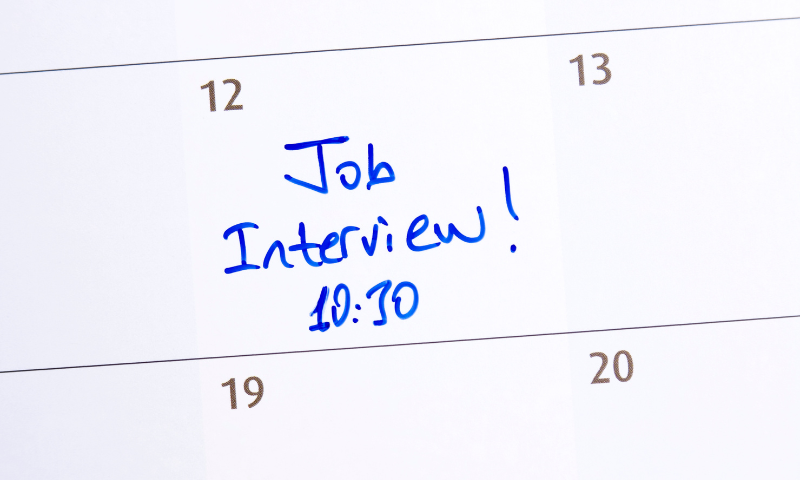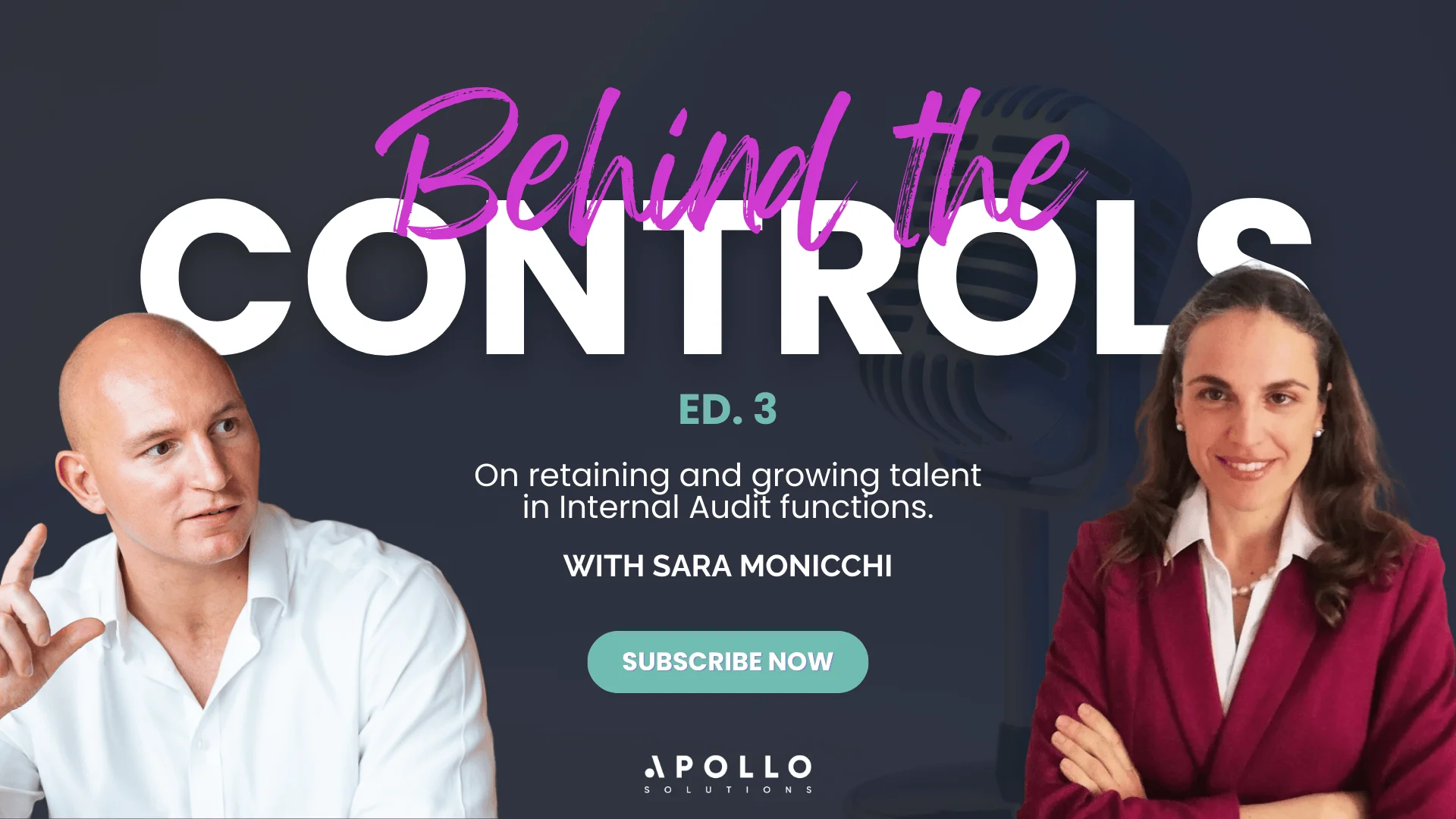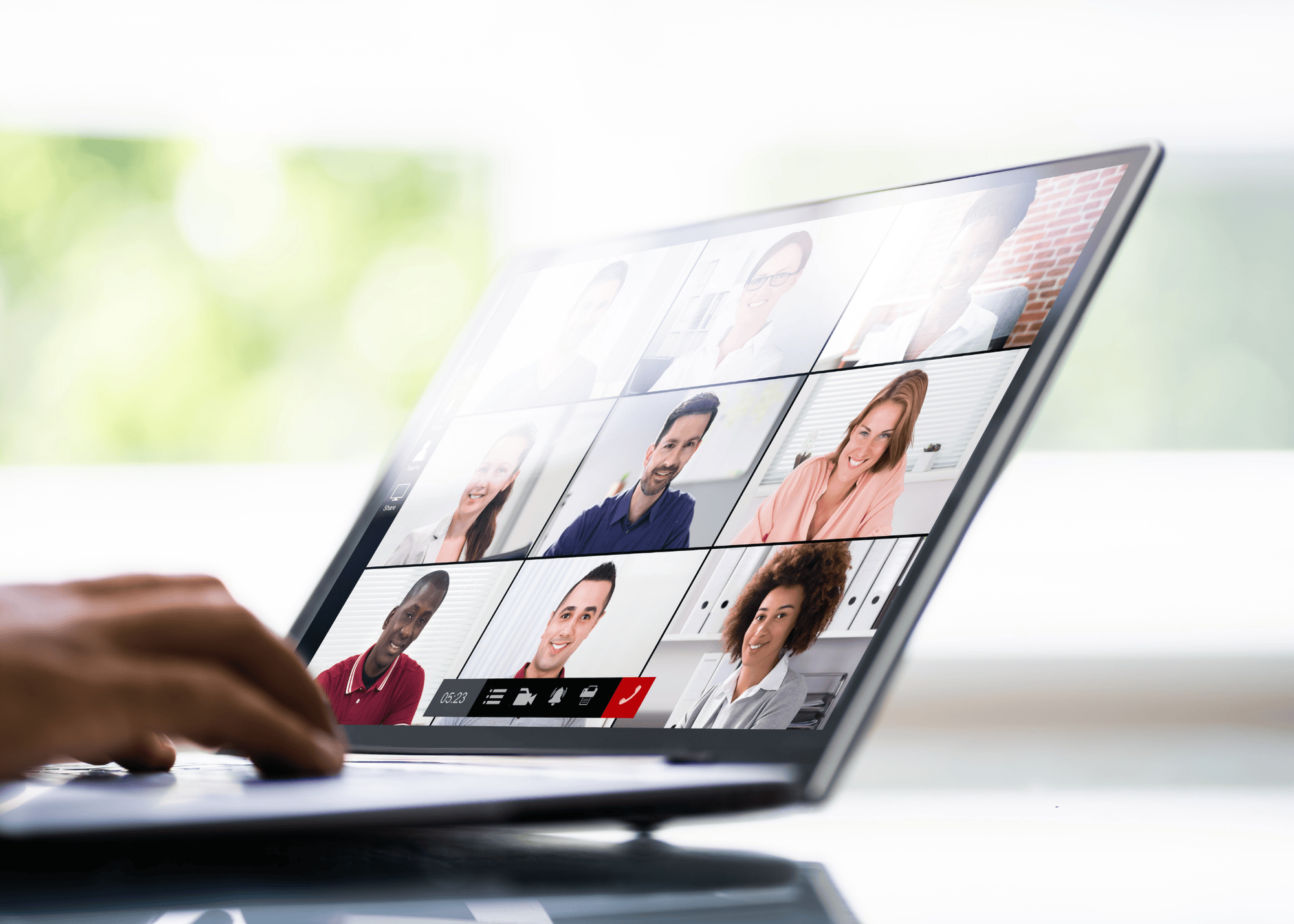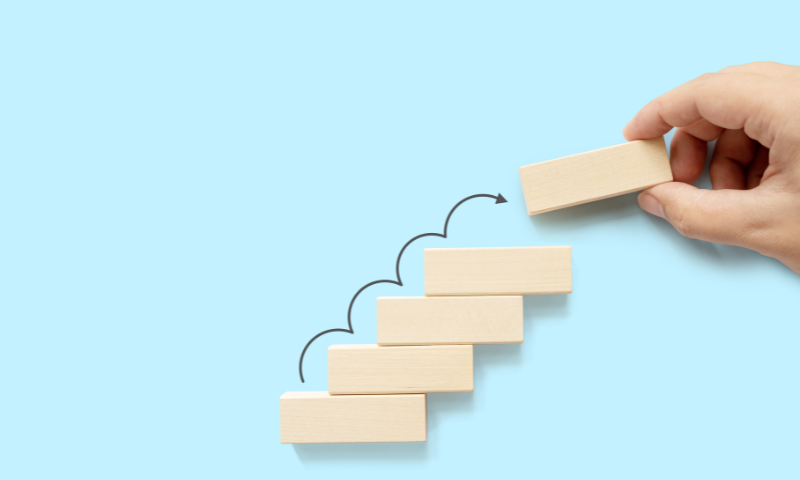9 interview tips to help you land your dream job
09 Aug, 20236 minsDid you know people will have a solid impression of you within just the first seven sec...

Did you know people will have a solid impression of you within just the first seven seconds of you meeting? Some research suggests just a tenth of a second is all it takes!
And while the average interview lasts around 40 minutes, 33% of hiring managers admit knowing whether they want to hire a person within the first 90 seconds.
That’s why preparing for an interview is so important. Sure, getting ready for a job interview can be nerve-wracking, but with the right preparation, you’ll boost your confidence and increase your chances of success. Whether you're interviewing in person or remotely, here are our top 9 tips to help you excel in your next interview:
(1) Research the company and the people you’re meeting
Before your interview, research is essential. Take the time to find out as much as you can about the company, what they do and their culture. Look at their website, social media pages, and any recent news articles about the company. Understanding their values and goals will help you tailor your answers to show how you can contribute to their success – and that you’re a great fit for the organisation.
But your research shouldn’t stop there. Look up the interviewer(s) on LinkedIn and have a look at their profile on the company website, if any. This way, you’ll have a better understanding of their role and trajectory within the business. And who knows, maybe you have something in common or have mutual connections!
(2) Practise your answers
While you can't predict every question that will be asked, practising some common interview questions in advance will help you feel more confident during the interview. You can also prepare some anecdotes that showcase your skills and experience (see next point).
We advise using the STAR Method (Situation, Task, Action, and Result) - a technique for helping you plan for behavioural and situational interview questions. Firstly, consider a Situation: set the scene for your story, provide context/background. Next, Task: outline your responsibilities and goals. Then, Action: describe any actions you took to succeed. Finally, Result: explain what the outcome was and the impact you had.
(3) Showcase your skills
Before you go to your interview, pull together a list of examples from your past experiences that illustrate your skills and achievements. Don’t be afraid to highlight things you’ve excelled at. Use ‘I” rather than ‘we’, highlighting your specific contributions. Being specific about facts and quantifying your accomplishments with figures/data whenever possible can really impress and help to bring your examples to life.
(4) Dress appropriately
Whether the interview is face-to-face or remote, it's important to dress appropriately. This will help you get into the right mindset and demonstrates that you take the interview seriously. Nowadays, some workplaces have slightly more relaxed dress codes, with smart-casual being the go-to for interviews. But if in doubt, it’s always best to over-dress for an interview than be too casual. Be sure to prepare an outfit ahead of time.
(5) Be punctual
Remember how quickly that first impression is made? That’s why it’s important not to be late. Not only does being on time give you a chance to compose yourself, but it shows you’re reliable, keen, and that you respect the interviewer's time.
Research the route, allow for extra time for the journey, and turn up early if meeting in person (10–15 minutes should suffice), or if your meeting’s online, log in to the video call a few minutes before the scheduled start time.
Since the pandemic, remote interviews have become really common, and they have lots of benefits for both you and your interviewers. However, it’s important to dedicate extra time for checking on all things technical. It’s essential you have a good internet connection, have downloaded any relevant video-conferencing apps, tested your video and audio equipment in advance, and have chosen a quiet, distraction-free location. And don’t forget about your background; make sure it looks tidy or use a background filter.
(6) Use positive body language
Ever heard of the 55/38/7 Formula? Body Language Researcher, Albert Mehrabian studied conversation and discovered that 55% of communication is non-verbal, 38% is vocal, and 7% words only. He concluded that most communication is non-verbal, and that’s why body language is so important when attending an interview.
During your interview, maintain eye contact (if on a video call, avoid diverting your eyes to scan around the screen), sit up straight, and avoid fidgeting. These non-verbal cues will convey confidence and engagement.
(7) Ask questions
Remember, an interview is as much of an opportunity for you to get to know your interviewers and the company, as it is for them to get to know more about you. Don’t be afraid to ask questions throughout. Not only will this ensure you’re finding out all you want to know, but it will also show those interviewing you that you’re engaged and serious about the opportunity.
Prepare a list of questions you can ask at the end of your interview. These should include thoughtful questions about the position and the company (try to avoid questions about holidays and benefits at this stage). Aim to ask questions that will demonstrate your interest in the role, but importantly, will help you determine if it's a good fit for you.
Good examples include:
- What will the next 6-12 months of this role look like?
- What is my career potential?
- What will I find challenging in this position?
- What sort of training do you offer?
- How has this role come about?
- What is the company culture like?
- What are the company’s growth plans? – You could expand this to ‘I can already see that the company has grown significantly over the past 2 years, are there any further plans to expand over the next 5 years?
(8) Be yourself
While it's important to be professional, don't be afraid to show your personality during the interview. Relax. Be yourself. This will help the interviewer get a sense of who you are and whether you would fit in with the company culture. Ultimately, if you’re not the right fit, it’s best for all parties to know from the off, rather than further down the line.
(9) Follow up
End the interview by thanking the interviewers for their time, then follow up with your recruiter for a debrief. Your recruiter will be able to advise on next steps and provide feedback from the interviewers. When the time comes for an offer, your recruiter will use their market experience to negotiate the best deal.
Preparing for an interview takes a little time and effort, but by following our top tips, you’ll undoubtedly increase your chances of success – we promise that time and effort will be worth it. Good luck!
We’re helping candidates like you to prepare for interviews with our long-term partners every day, giving you a competitive edge. Want more advice like this? Get in touch to see how we can help, or check out our latest opportunities.



